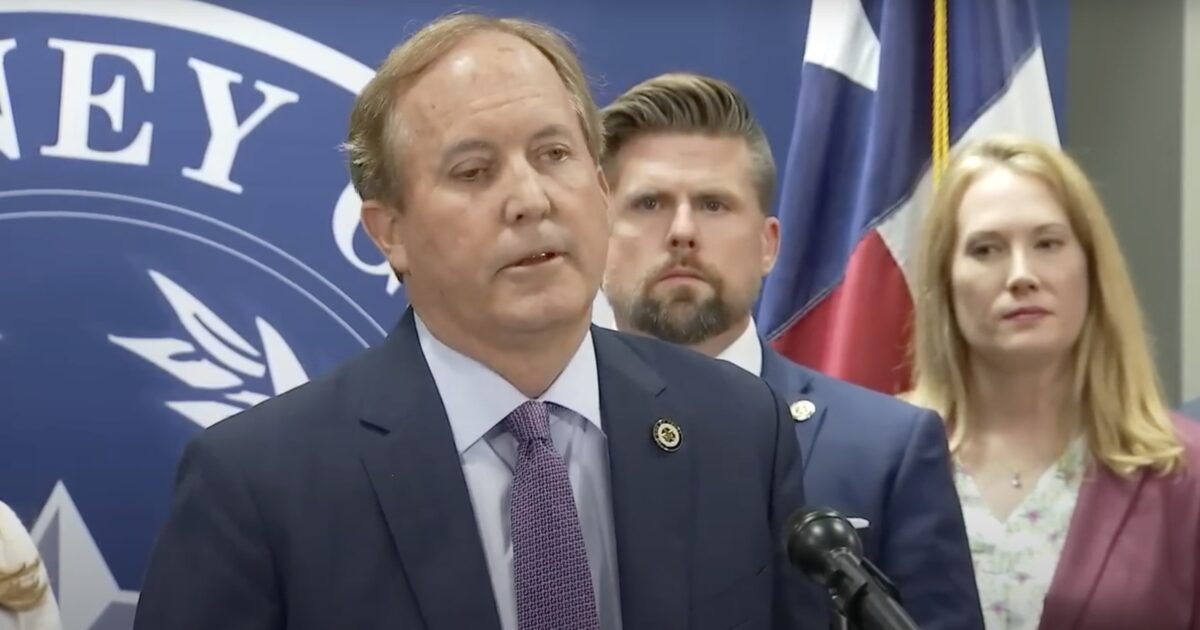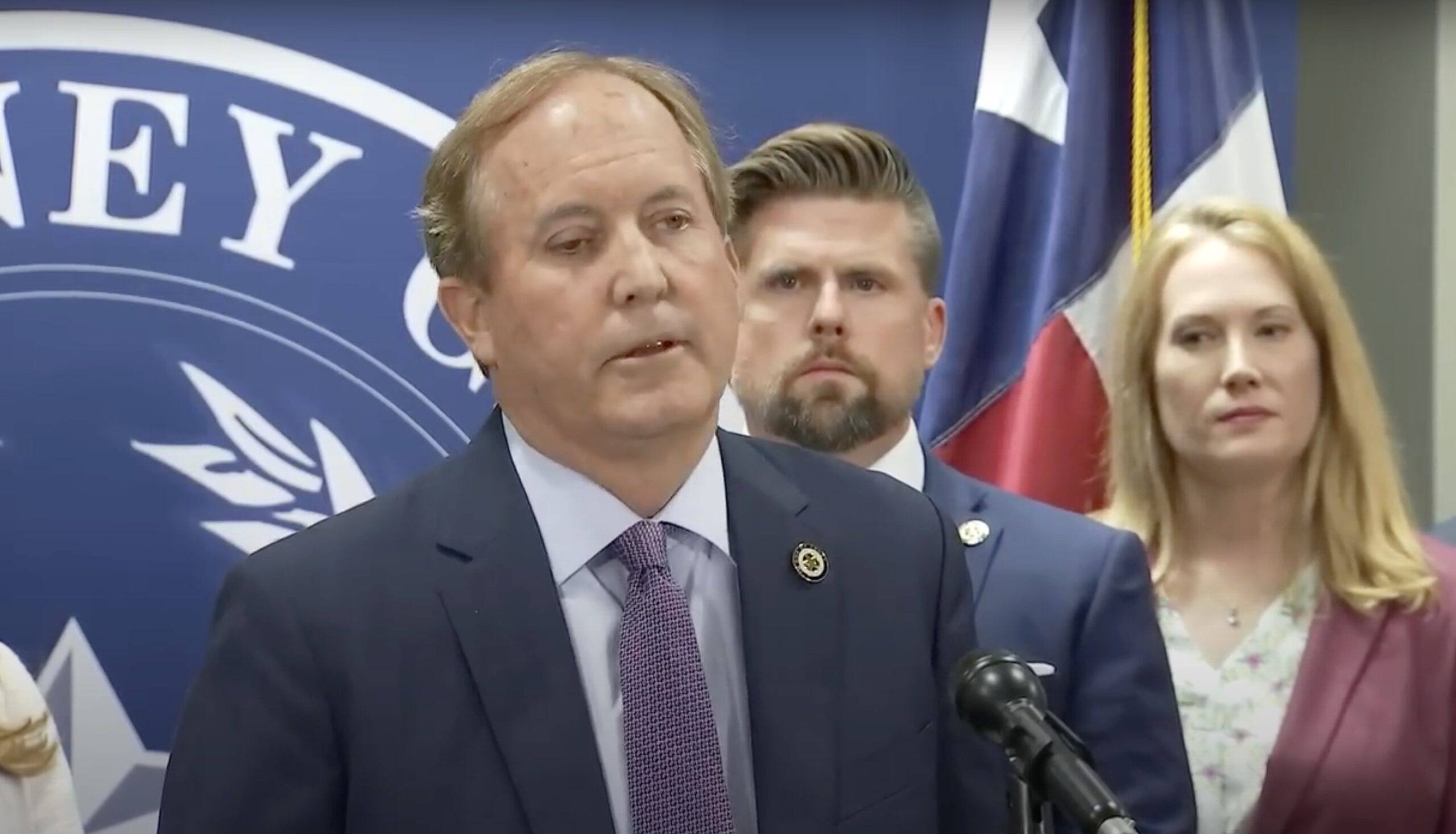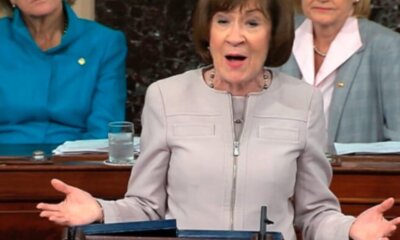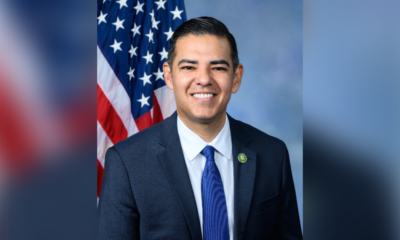| What: | The Foundations for Evidence-Based Policymaking Act |
| When: | Passed by Congress and signed into law in January 2019 |
| Why it matters: | The Evidence Act required agencies to name chief data officers focused on improving data quality, data management, data governance and data stewardship. |
Politics
How the Evidence Act pushed agencies to make data a strategic asset


The Foundations for Evidence-Based Policymaking Act set agencies down a path of using an enormous volume of government data to carry out their missions in new and better ways.
Under the Evidence Act, passed by Congress in January 2019, agencies are to treat data as a strategic asset to improve how they carry out mission-critical decisions. And the departments are to hire people to lead these efforts, chief data officers and chief evaluation officers.
Nick Hart, president and CEO of the Data Foundation, said each administration has taken its own approach to implementing the Evidence Act and implementing policies that further the legislation’s goals.
“When it was passed, I think there were these really ambitious goals of what would be accomplished,” Hart said. “Perhaps not surprisingly, there have been a lot of changes in implementation, including across the administrations of the executive branch, but there have been incredible moments of progress also in achieving steps toward that vision.”
The legislation also codified many recommendations from the Commission on Evidence-Based Policymaking, a bipartisan advisory group created by Congress.
Robert Shea, a former associate director of the Office of Management and Budget under the George W. Bush administration, now co-founder of GovNavigators, said the Evidence Act pushed agencies to make better use of their data — but he said more progress is needed to meet the legislation’s goals.
“It’s changed a lot, but not enough,” Shea said. “The Evidence Act accelerated the governance and infrastructure around the collection of that evidence. We’ve got evidence officers; we’ve got chief data officers; we’ve got chief statistical officials. Of course, we’ve got learning agendas and evaluation plans. Those are all great, but what we don’t yet have is the body of evidence that we really need to make decisions.”
Making data a strategic asset
The Federal Data Strategy launched by the first Trump administration focused agencies on making their data a “strategic asset.”
“Making data a strategic asset means that we’re recognizing the value of the information and then actually using that information over time to inform decisions,” Hart said.
The Evidence Act also required agencies to name chief data officers focused on improving data quality, data management, data governance and data stewardship.
“Ultimately, that goal was to make better use of the data that we’re already collecting,” Hart said. “By and large, chief data officers have made phenomenal progress in the years since the Evidence Act was passed, and that’s a large credit to the Trump administration’s Federal Data Strategy, providing some guidance and support that came directly from the White House.”
These data management steps were a crucial step to understanding what agencies could do with their data.
“Sometimes you need gold-standard, highest quality information, for example, to count the population and understand the economy in the United States. But there are other cases where we might just need basic details about individuals’ benefits in order to make administrative decisions, like are you eligible to receive this particular benefit from government, like the Supplemental Nutrition Assistance Program (SNAP) or the Women, Infants and Children (WIC)?” Hart said.
Under the Biden administration, agencies developed learning agendas for the first time. These documents, Hart said, are “intended to be a roadmap to identifying what data you need and what data you have, and then also being able to generate evidence that’s useful for decision-makers.”
“The fact that those even exist, and agencies went through the exercise — which was very difficult to do the first time — is an incredible success story,” he added.
The Biden administration expected agencies to back up future budget requests with evidence and program performance metrics — or at least provide a plan to gather these insights.
Former OMB Director Shalanda Young, in June 2021 guidance to agencies, said the learning agendas required by the Evidence Act should address a few key questions:“What is it that our agency needs to do, what do we need to know to do it best, and what do we wish we knew?”
“The intent of the learning agendas was to publicize the big questions agencies want answers to, so that, to the extent they’re not answering themselves, stakeholders, evaluators, researchers, could conduct their own independent research that contributes to answering those questions,” Shea said. “The intent, really, was to enlist the community in answering those questions.”
Making data open by default
The Evidence Act also required agencies to take steps to make data sets open by default, except for cases where doing so is prohibited by law.
Under the Biden administration, OMB issued guidance on agencies granting “tiered” access to their data to researchers and other stakeholders, based on the sensitivity of that information.
Former U.S. Chief Statistician Nancy Potok said OMB’s guidance encouraged agencies to share more of their data in situations where permission to do so has been unclear.
“In the past, it’s been kind of binary — it’s either open or it’s protected — and now we’re asking agencies to make a lot more of their data open. Well, this isn’t like an on/off switch,” Potok said in November 2019.
President Donald Trump signed an executive order in his second term, ordering agencies to stop fraud, waste and abuse through inter-agency data-sharing and “eliminating information silos.”
Following that executive order, unions and nonprofit groups have filed many lawsuits challenging the Department of Government Efficiency’s access to a wide array of sensitive government data sets.
Hart said it remains an ongoing challenge for agencies to determine which high-value data assets should be shared.
“We have not established clear vehicles for identifying high-value data in the United States. I think this will be a really important question as we go forward —how we better identify those data assets that should be open,” he said.
OMB was years delayed in issuing guidance for the Open Government Data Act, a portion of the Evidence Act. That guidance — meant to make government data “open by default” — was only published in February 2025, years after the law’s enactment. Shea said OMB’s delayed guidance hindered implementation.
“That delays things. It also signals some significant disagreement about governance. I think there were some unproductive debates about where certain functions or positions should reside,” he said.
The full impact of OMB’s guidance hasn’t been felt just yet. Implementation began this summer.
“It’s a great credit to the chief data officers and the data ecosystem for really moving forward in recent years in the absence of that guidance. But we needed that guidance to have consistency in some of the activities across the federal infrastructure,” Hart said. “People are now talking in a way that we have never seen before, about how to make data useful to generate evidence, and that manifested in some cultural changes in agencies that requires people to be there, it requires some capacity to do the work. But at the end of the day, I think it’s been a really big step forward.”
The post How the Evidence Act pushed agencies to make data a strategic asset first appeared on Federal News Network.
Politics
DC Leftist Charged with a Felony After Attacking Federal Agent Deployed by President Trump with a Subway Sandwich

Credit: Wikimedia Commons
One leftist perp will likely be spending some time in prison after pulling one of the dumbest stunts imaginable.
As The New York Post reported, 37-year-old DC resident Sean Charles Dunn was caught on tape using a sandwich from Subway to attack a federal officer deployed by President Trump on the streets of DC Sunday night.
According to the criminal complaint, which was obtained by ABC News, Dunn approached the officer while shouting “f**k you! You f**king fascists! Why are you here? I don’t want you in my city!”
After a few minutes of back-and-forth, Dunn hurls the sandwich, striking the officer square in the chest.
The officers immediately chase after him and eventually take him down.
Below is the link to the video:
https://x.com/rawsalerts/status/1955748342769598601
Police say Dunn admitted his guilt after getting caught, telling an officer, “I did it. I threw the sandwich.”
US Attorney for DC Jeanine Pirro announced on Wednesday that her office has charged Dunn with assault on a police officer, which is a felony.
“He thought it was funny. Well, he doesn’t think it’s funny today because we charged him with a felony: Assault on a police officer,” Pirro stated in a video posted on X.
“And we’re going to back the police to the hilt! So there, stick your Subway sandwich somewhere else!” she added.
Assault a law enforcement officer, and you’ll be prosecuted.
This guy thought it was funny—well, he doesn’t think it’s funny today, because we charged him with a felony. pic.twitter.com/O0NVAFDZrU
— Jeanine Pirro (@JudgeJeanine) August 13, 2025
The post DC Leftist Charged with a Felony After Attacking Federal Agent Deployed by President Trump with a Subway Sandwich appeared first on The Gateway Pundit.
Politics
Illinois Judge Denies AG Paxton’s Request to Enforce Arrest Warrants Against AWOL Texas Democrats


An Illinois judge denied Texas Attorney General Ken Paxton’s request to enforce arrest warrants against derelict state House Democrats.
The Democrats fled to Illinois last week to block the Republicans from voting on a new congressional redistricting map.
Texas Attorney General Ken Paxton and Texas Governor Greg Abbott threatened the derelict Democrats with arrest and removal from office if they didn’t return to the Capitol.
Judge Scott Larson said Paxton failed to “present a legal basis for the court to obtain subject matter jurisdiction over this cause of action…”
The Hill reported:
An Illinois judge on Wednesday declined Texas Attorney General Ken Paxton’s (R) request to hold Texas Democrats who fled there in contempt.
Paxton reached across state lines to seek a ruling that would effectively force the blue state to comply with efforts to arrest the lawmakers and return them to Texas to end their quorum breaking that has blocked Republicans’ redistricting push.
“As the Petitioner has failed to present a legal basis for the court to obtain subject matter jurisdiction over this cause of action, this court is without jurisdiction to grant petitioner’s emergency motion to rule on pleadings,” Judge Scott Larson wrote in a brief order posted on the case docket.
“This court does not find that it has subject matter jurisdiction, this court does not consider the issues of personal jurisdiction, venue or the merits of the underlying petition for rule to show cause or the request to issue a rule to show cause upon the respondents,” he continued.
Texas Democrats caved and will return to the Capitol for Governor Abbott’s 2nd special session to vote on the GOP’s redistricting effort.
According to ABC News, the Texas Democrats should returning home from Illinois soon.
Multiple sources tell ABC News that Democratic lawmakers who left Texas to block new congressional maps from being voted on will return to the state soon.
ABC News’ political director Averi Harper has more. https://t.co/7YdCdv3Q2o pic.twitter.com/doAe55PA6S
— ABC News (@ABC) August 13, 2025
The Democrats are making all kinds of demands for a second special session from Chicago.
How embarrassing. Texas Democrats mailing in their “demands”… FROM CHICAGO.
Come back and fight like Texans rather than running and hiding like cowards. https://t.co/uHdjYHS8Gk
— Greg Abbott (@GregAbbott_TX) August 13, 2025
The post Illinois Judge Denies AG Paxton’s Request to Enforce Arrest Warrants Against AWOL Texas Democrats appeared first on The Gateway Pundit.
Politics
Victor Reacts: Democrat Congresswoman Exposes Her Family on National Television (VIDEO)


This is just about the dumbest thing you will ever see someone say on national television.
Democrat Congresswoman Delia Ramirez exposed half of her family as illegal aliens.
The Gateway Pundit reported,
Democrat Rep. Delia Ramirez (IL) said she has family members illegally residing in the United States.
This is after she declared ICE a terrorist organization.
“For me, who is the daughter of immigrants who half my family is still undocumented,” Ramirez said on MSNBC.
Earlier this month Delia Ramirez spoke at a summit in Mexico City in which she told the audience that she is “Guatemalan” before she’s an “American.”
“This weekend, I was honored to join progressive legislators from across the continent – our neighbors and friends – for the second Panamerican Congress in Mexico City!” the Democrat lawmaker said.
During her remarks, Rep. Ramirez admitted she has an allegiance to Guatemala.
“I’m a proud Guatemalan before I’m an American,” said Democrat Rep. Delia Ramirez.
These America Last politicians shouldn’t be allowed anywhere near elected office. It doesn’t matter if they are running for dog catcher. Americans deserve better than elected officials who put their own personal interests above those of our country and our people.
The post Victor Reacts: Democrat Congresswoman Exposes Her Family on National Television (VIDEO) appeared first on The Gateway Pundit.
-

 Entertainment5 months ago
Entertainment5 months agoNew Kid and Family Movies in 2025: Calendar of Release Dates (Updating)
-
Tech5 months ago
The best sexting apps in 2025
-

 Tech6 months ago
Tech6 months agoEvery potential TikTok buyer we know about
-
Tech6 months ago
iOS 18.4 developer beta released — heres what you can expect
-

 Politics6 months ago
Politics6 months agoDOGE-ing toward the best Department of Defense ever
-

 Tech6 months ago
Tech6 months agoAre You an RSSMasher?
-

 Politics6 months ago
Politics6 months agoToxic RINO Susan Collins Is a “NO” on Kash Patel, Trashes Him Ahead of Confirmation Vote
-

 Politics6 months ago
Politics6 months agoAfter Targeting Chuck Schumer, Acting DC US Attorney Ed Martin Expands ‘Operation Whirlwind’ to Investigate Democrat Rep. Robert Garcia for Calling for “Actual Weapons” Against Elon Musk





